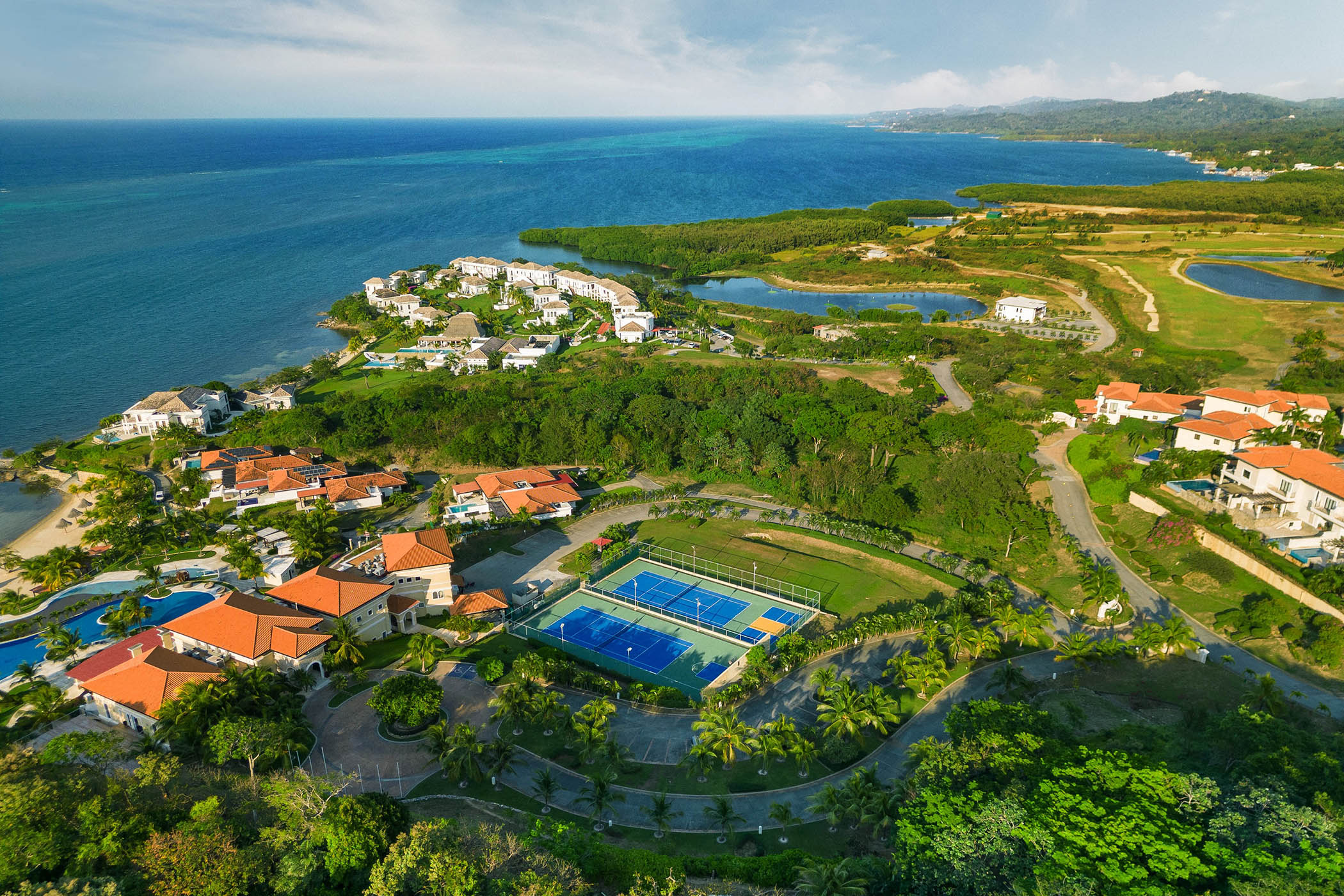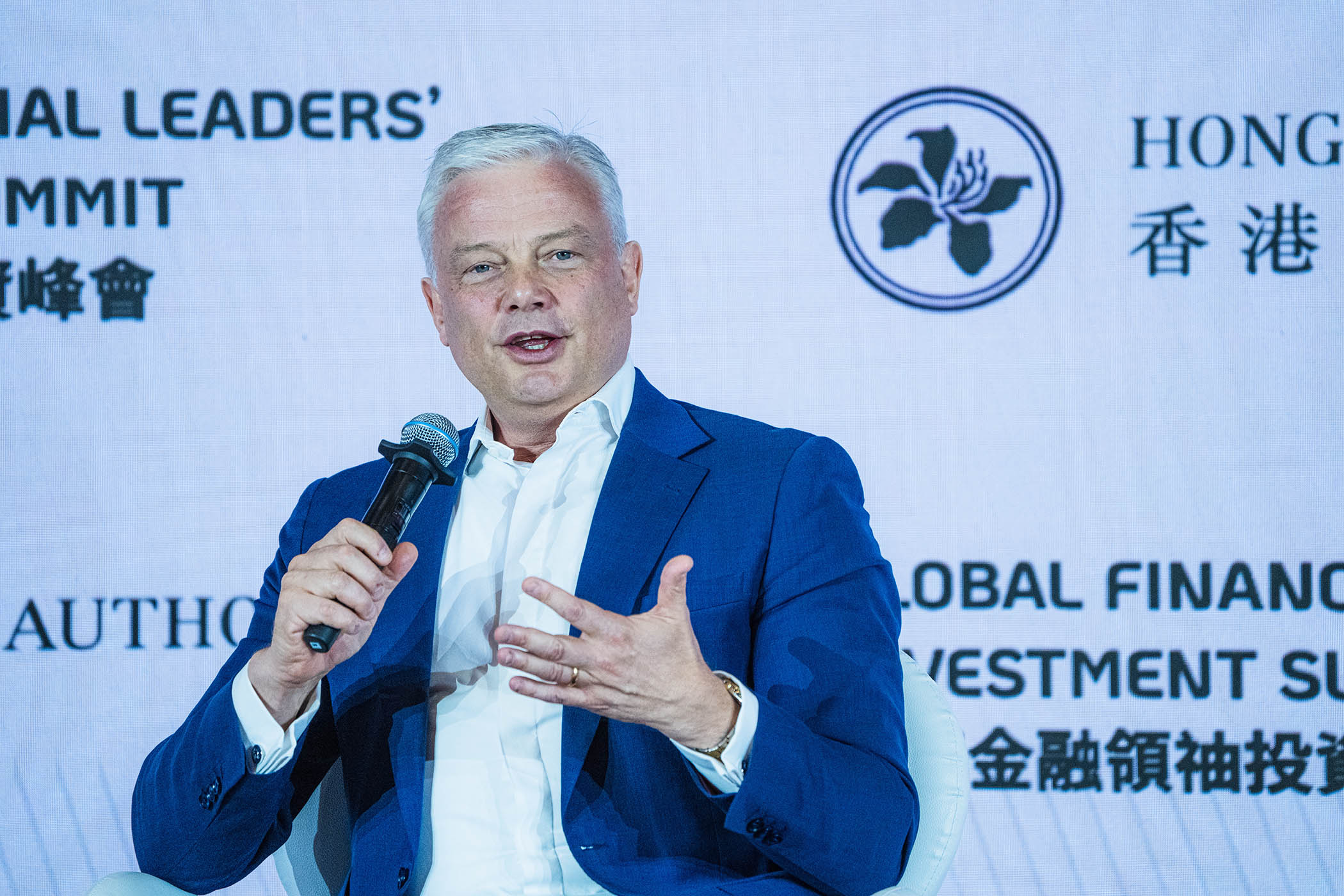A big idea to emerge with the digital economy is the “network state”. Popularised in a book by former Coinbase chief technology officer Balaji Srinivasan, it posits that modern technology makes it possible to create virtual countries based on electronically connected humans, superior to traditional ones based on geography.
On Friday, would-be virtual citizens gathered in Singapore (and online) for the third Network State Conference, bringing together those “interested in founding, funding and finding new communities”. Topics included competitive government (most advocates of network states prefer the minimalist sort), digital nomadism and “legalising innovation”.
The speakers were mostly crypto believers … They included Ethereum co-founder Vitalik Butarin, Coinbase CEO Brian Armstrong, Ben Horowitz of venture capital firm Andreessen Horowitz, and Stacy Herbert of El Salvador’s Bitcoin Office.
The speaker who came closest to bridging the gap between network state fantasies and the real world was Noah Smith, of the Noahpinion blog. Pointing out two main theoretical problems with network states – they would struggle to provide public goods, from parks to defence, or to coexist alongside physical states – he proposed a joined-up system of “network cities”, each ringfenced inside a traditional physical nation state.
Smith envisages a sort of 2.0 version of the Hanseatic League – a loose but powerful medieval network of trading cities – with echoes of when Hong Kong was (briefly) a freer, market-oriented system-within-a-system after its return to Chinese rule. Rather than wishing away existing countries, Smith argues that a more practical approach for startup nation founders would be to encourage every country to host an independent network city, where digital nomads could gather to experiment with different ways of living and self-government. The travails of Próspera, a for-profit city project in Honduras, shows how hard even this “practical” proposal would be to pull off.
Photograph by Próspera
Newsletters
Choose the newsletters you want to receive
View more
For information about how The Observer protects your data, read our Privacy Policy



